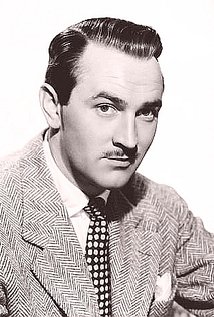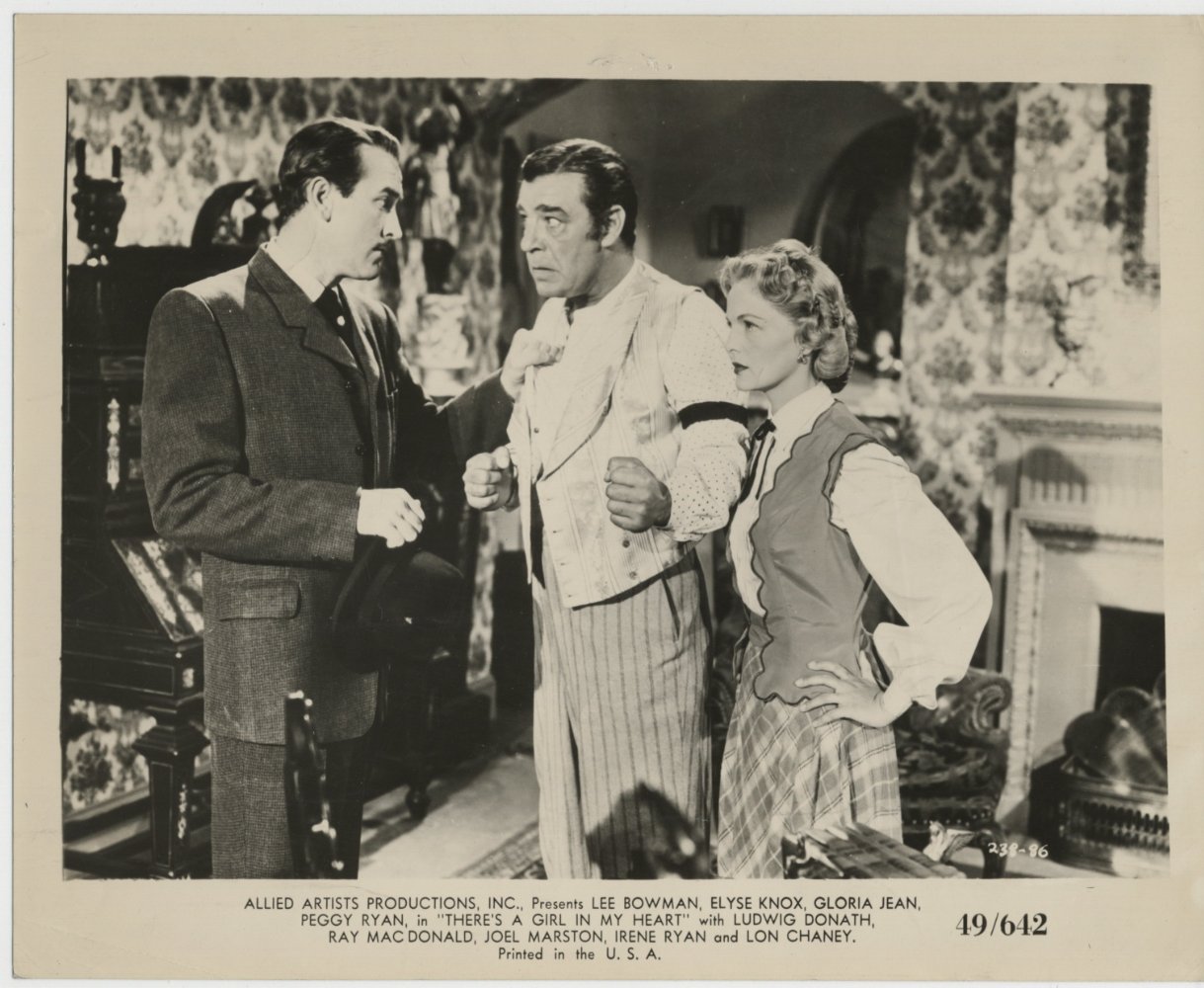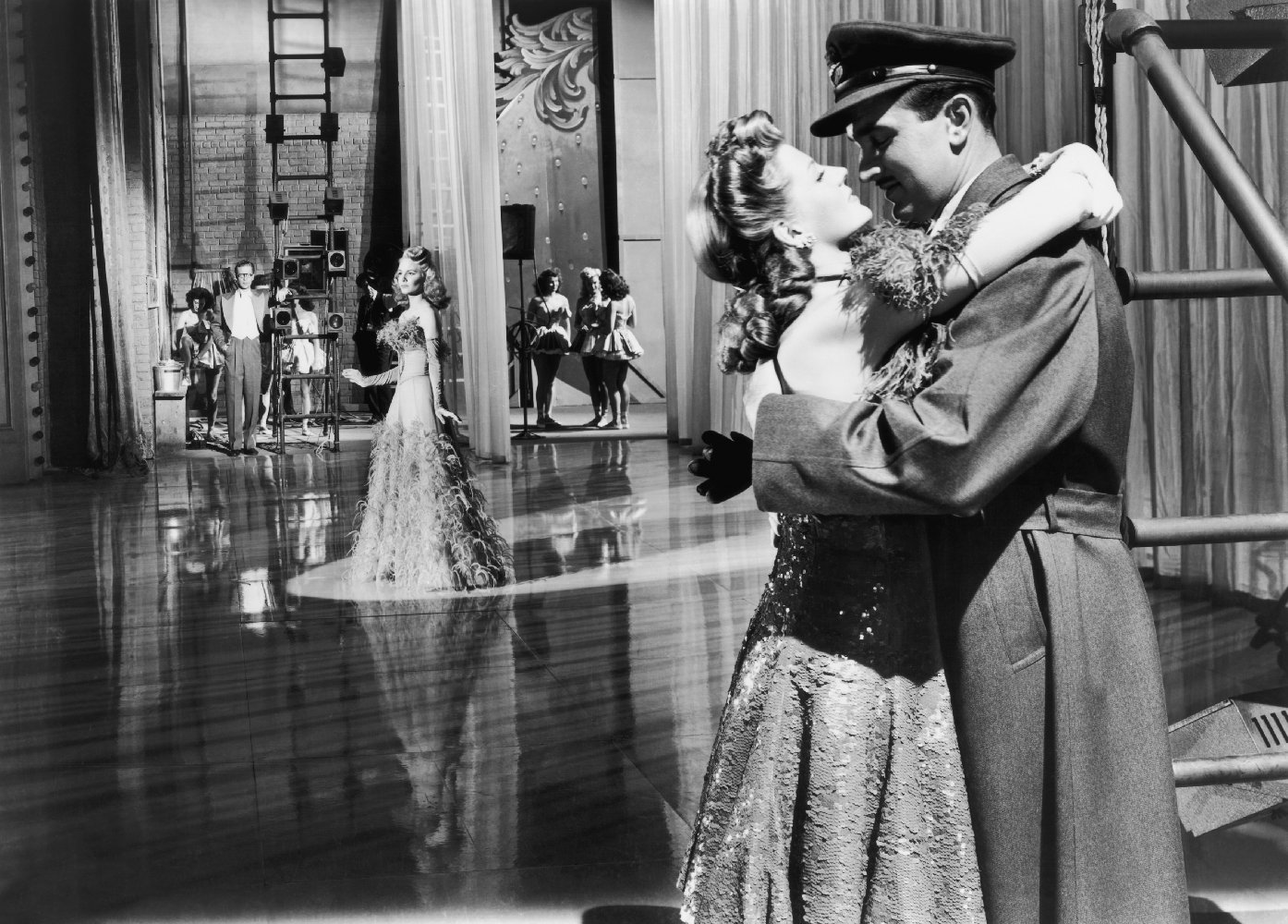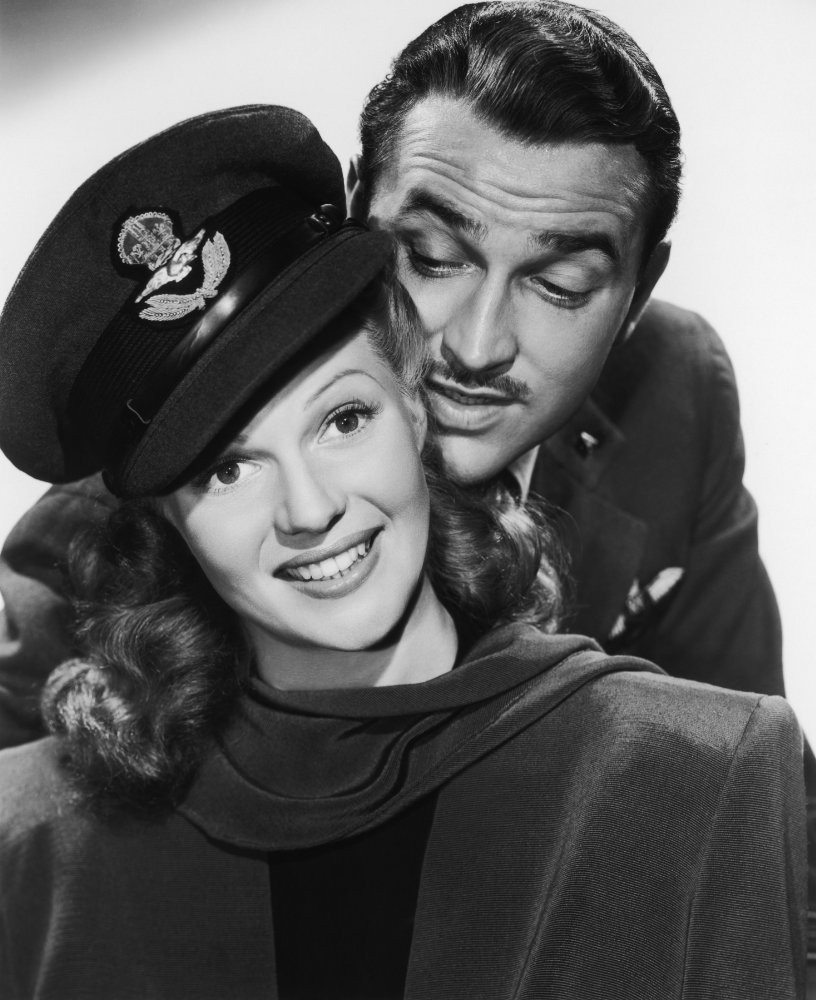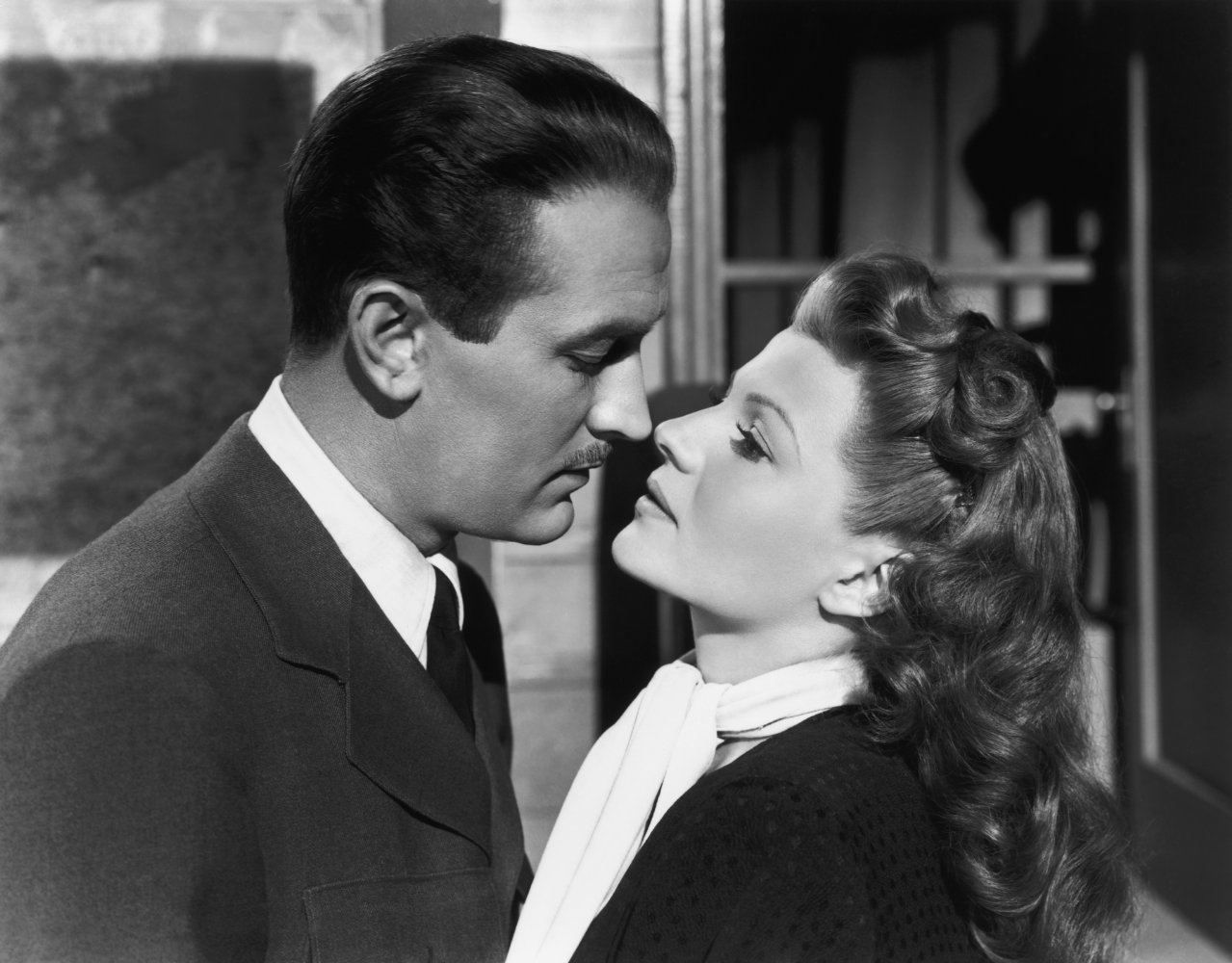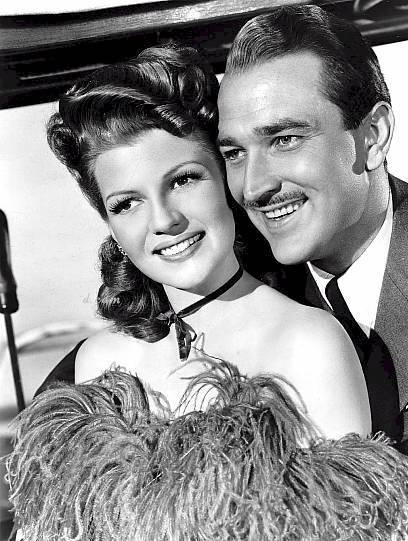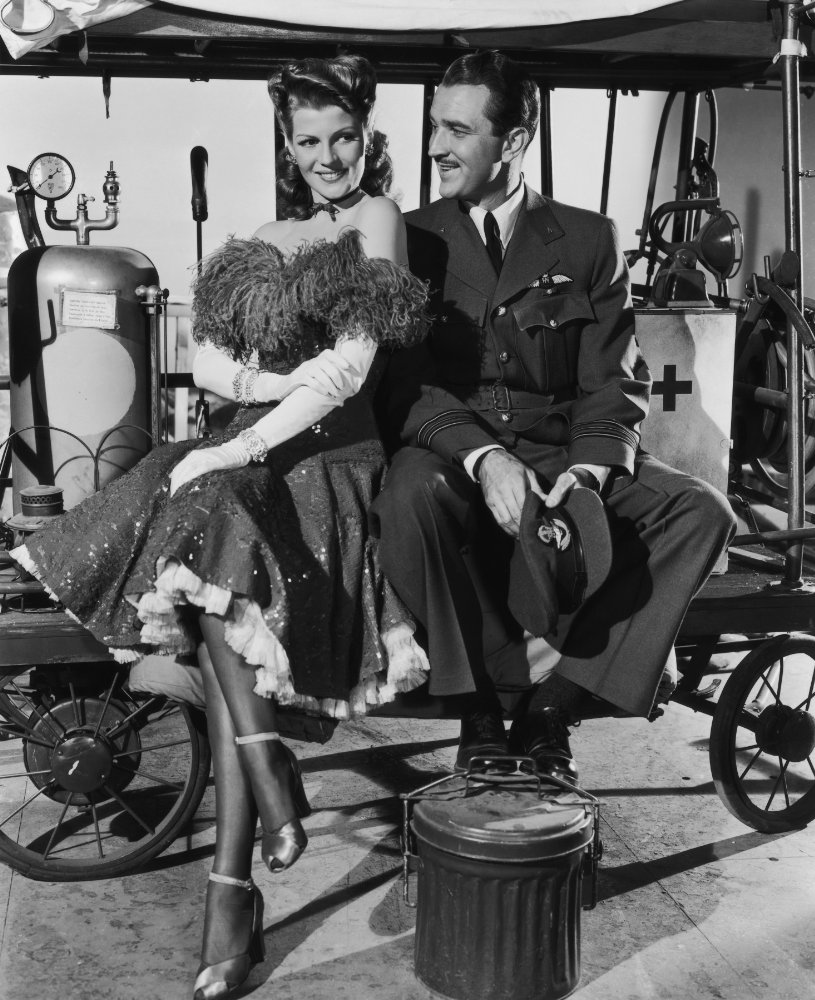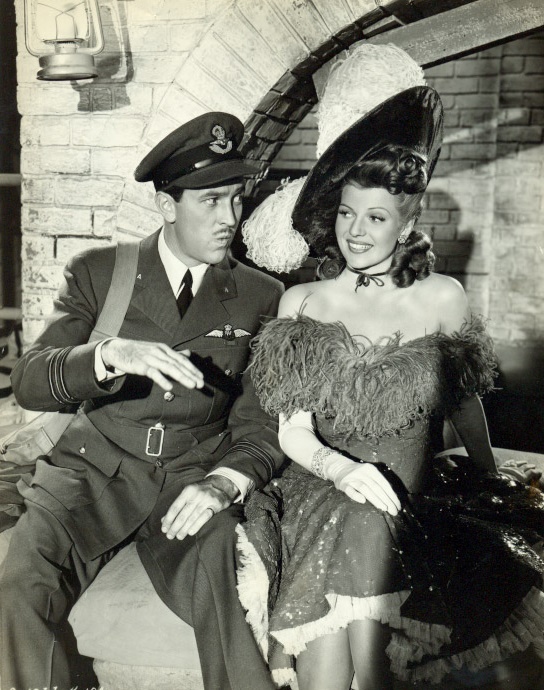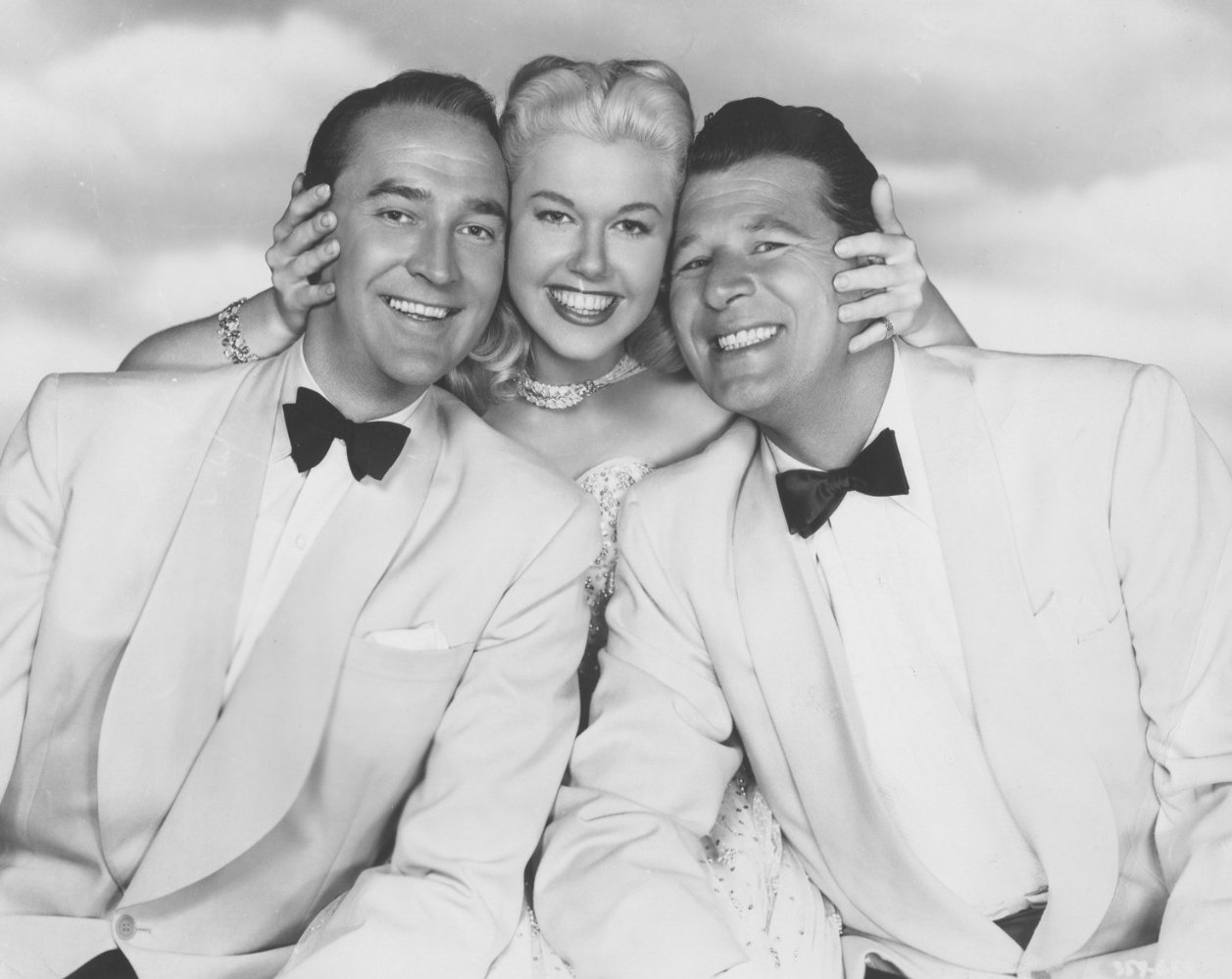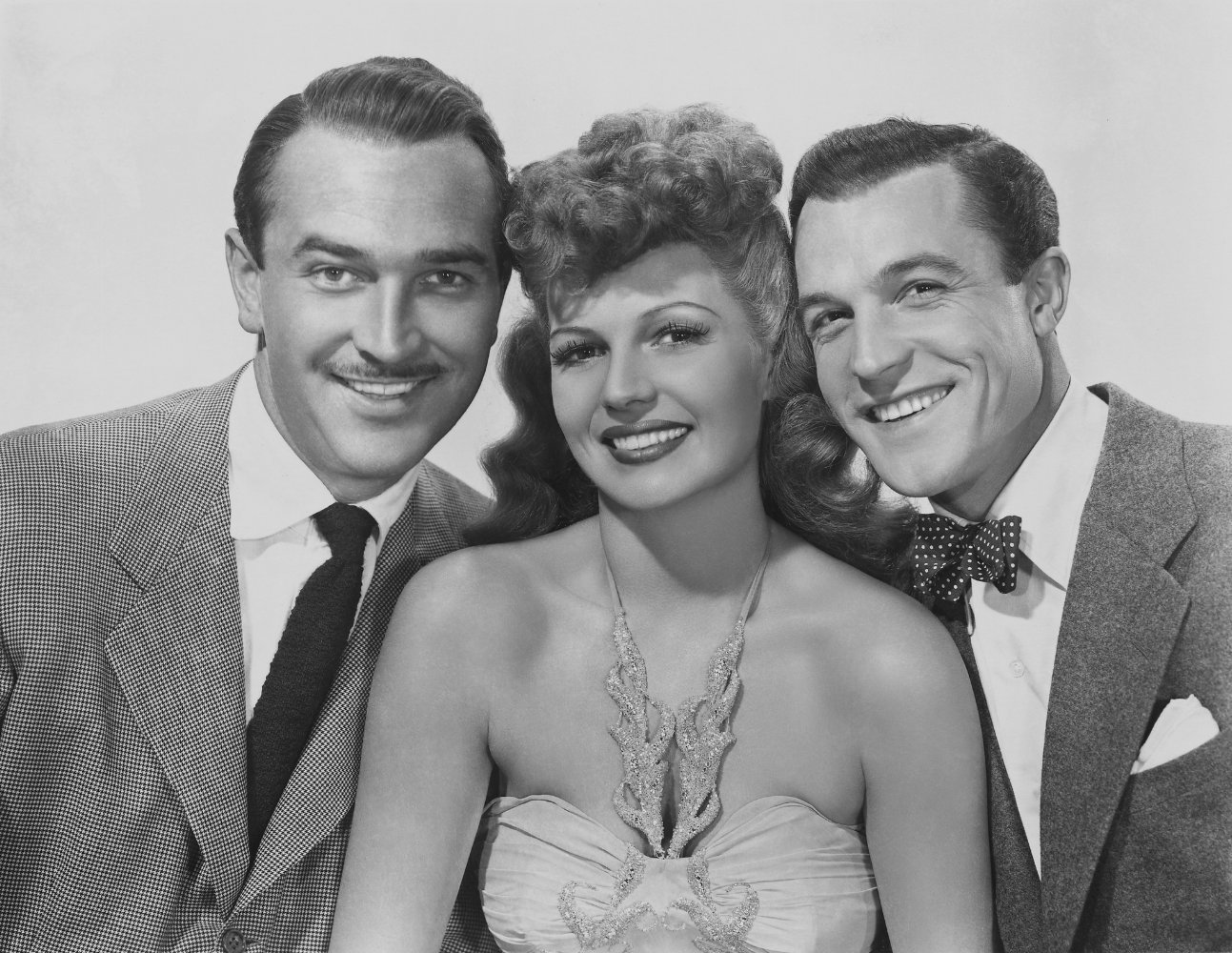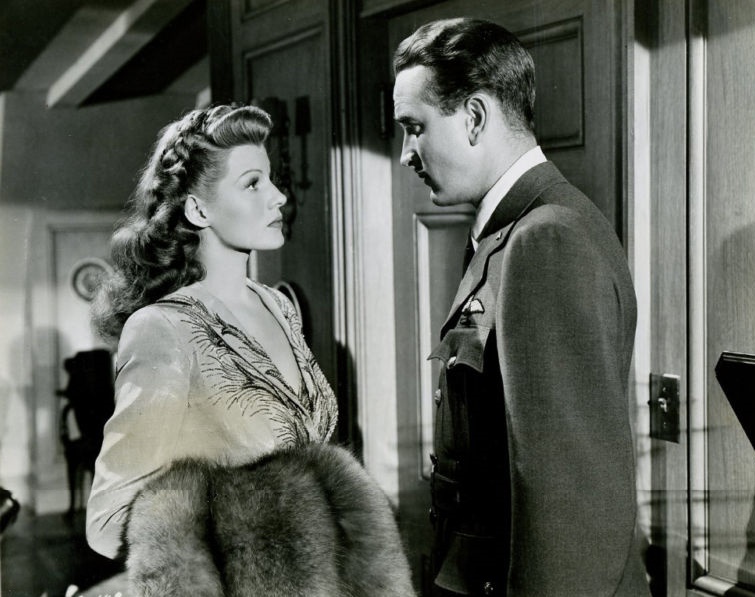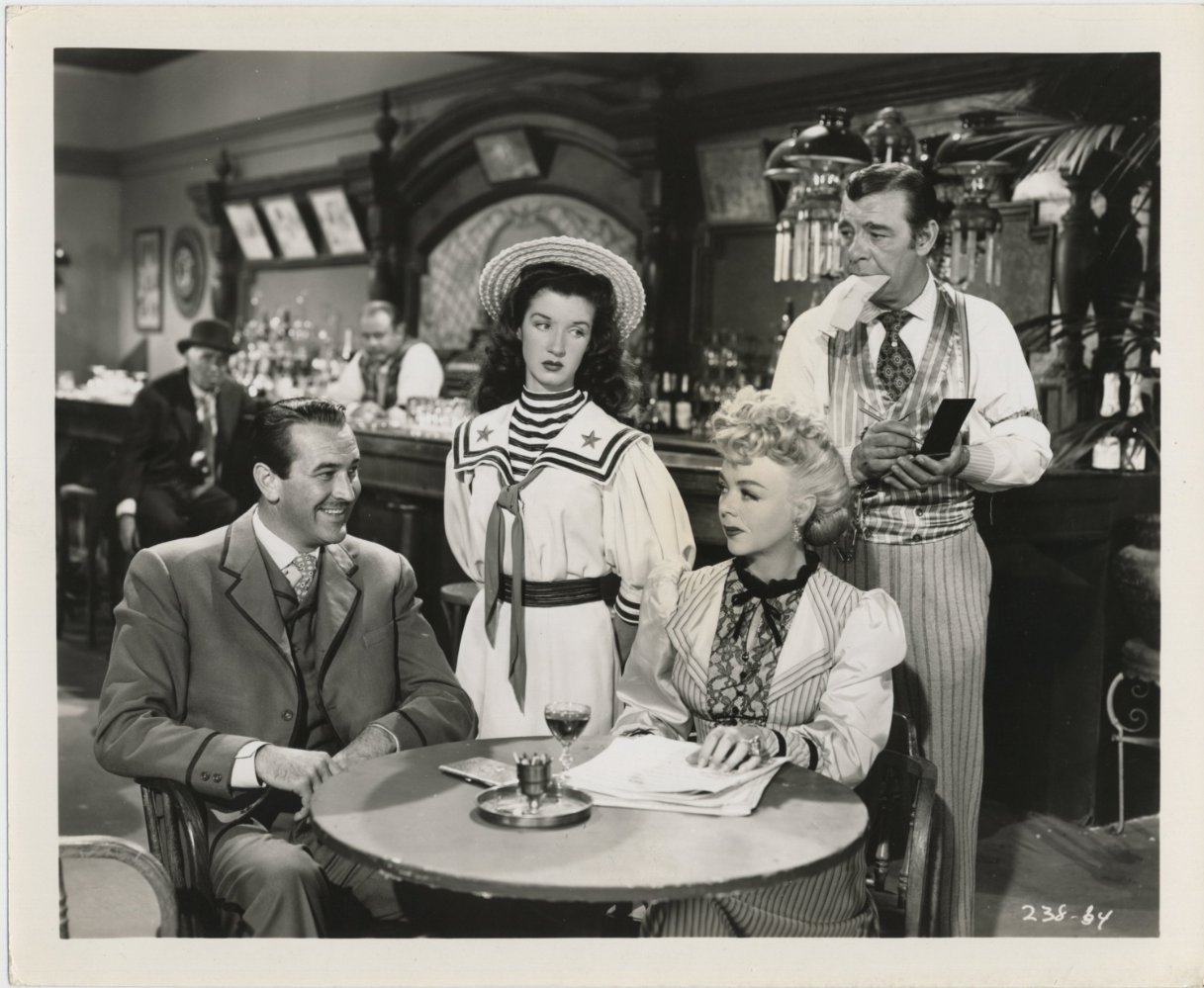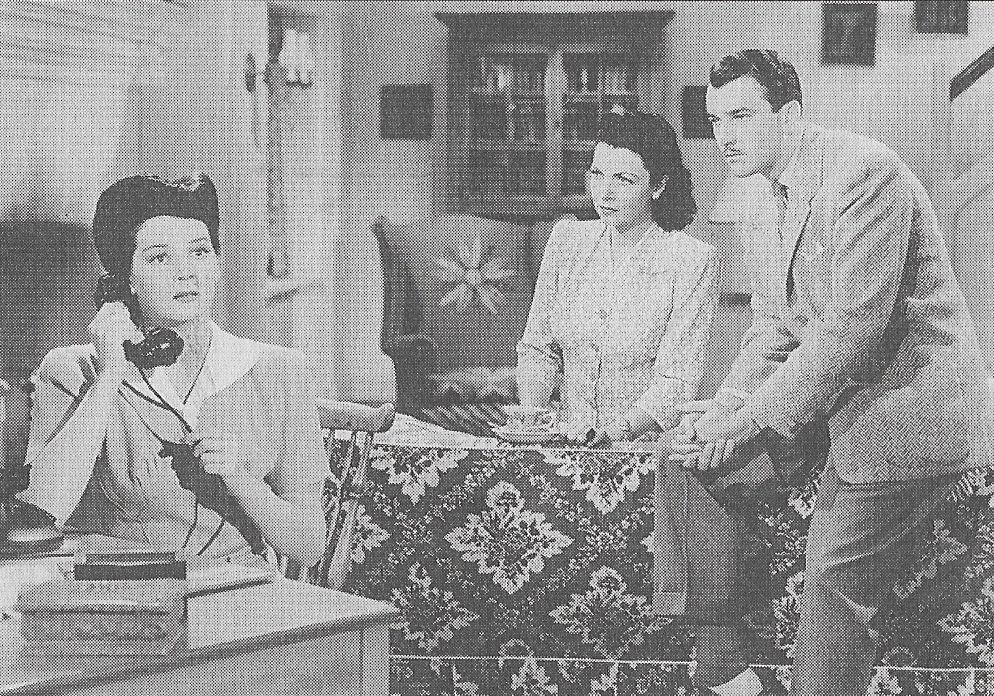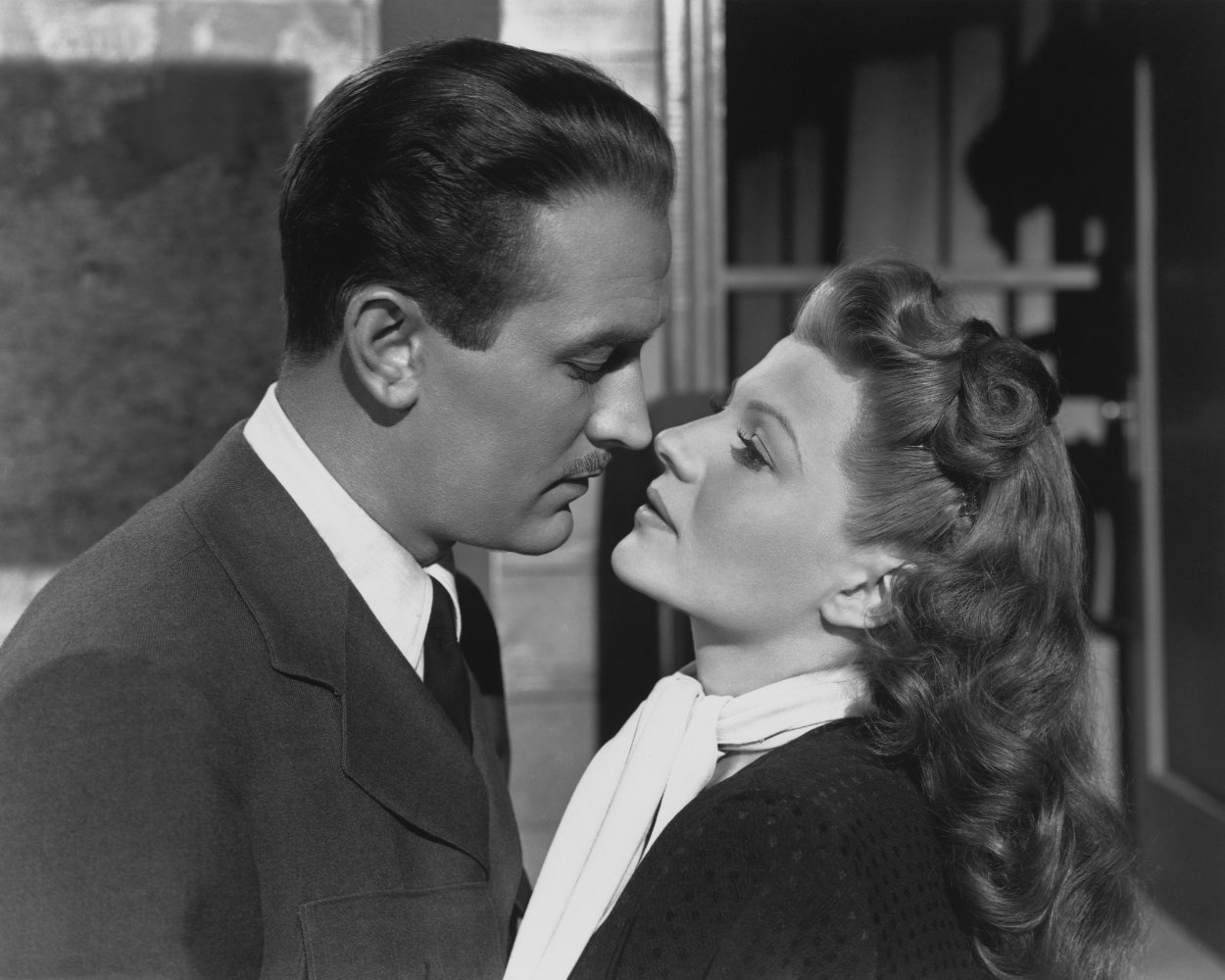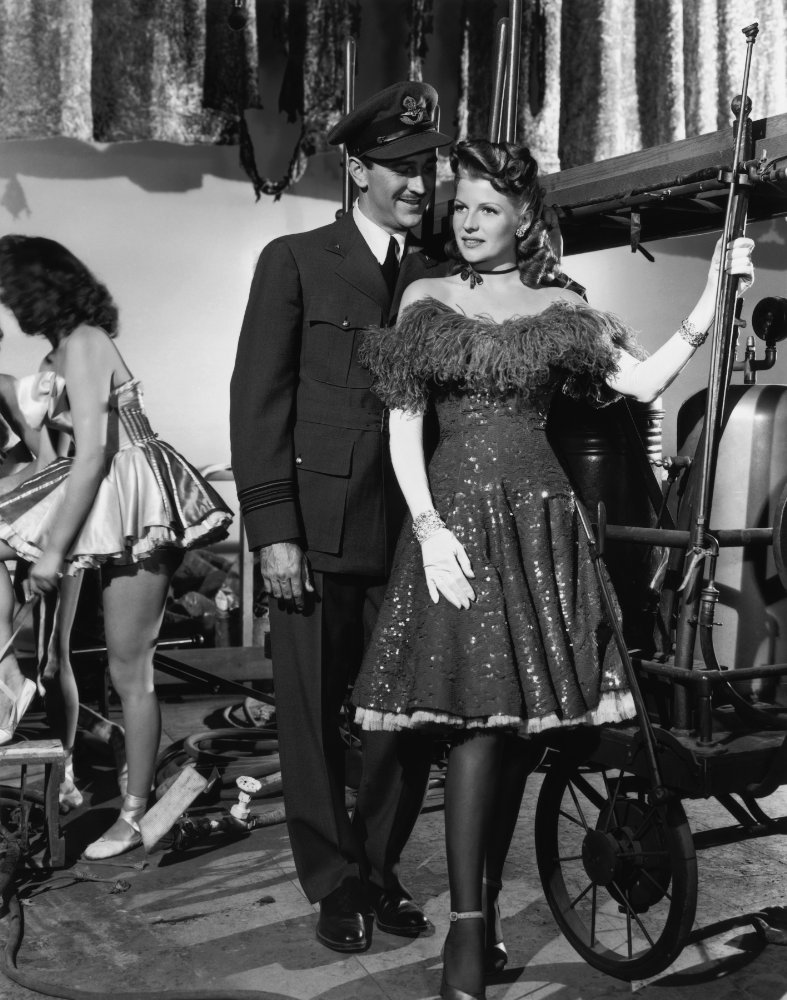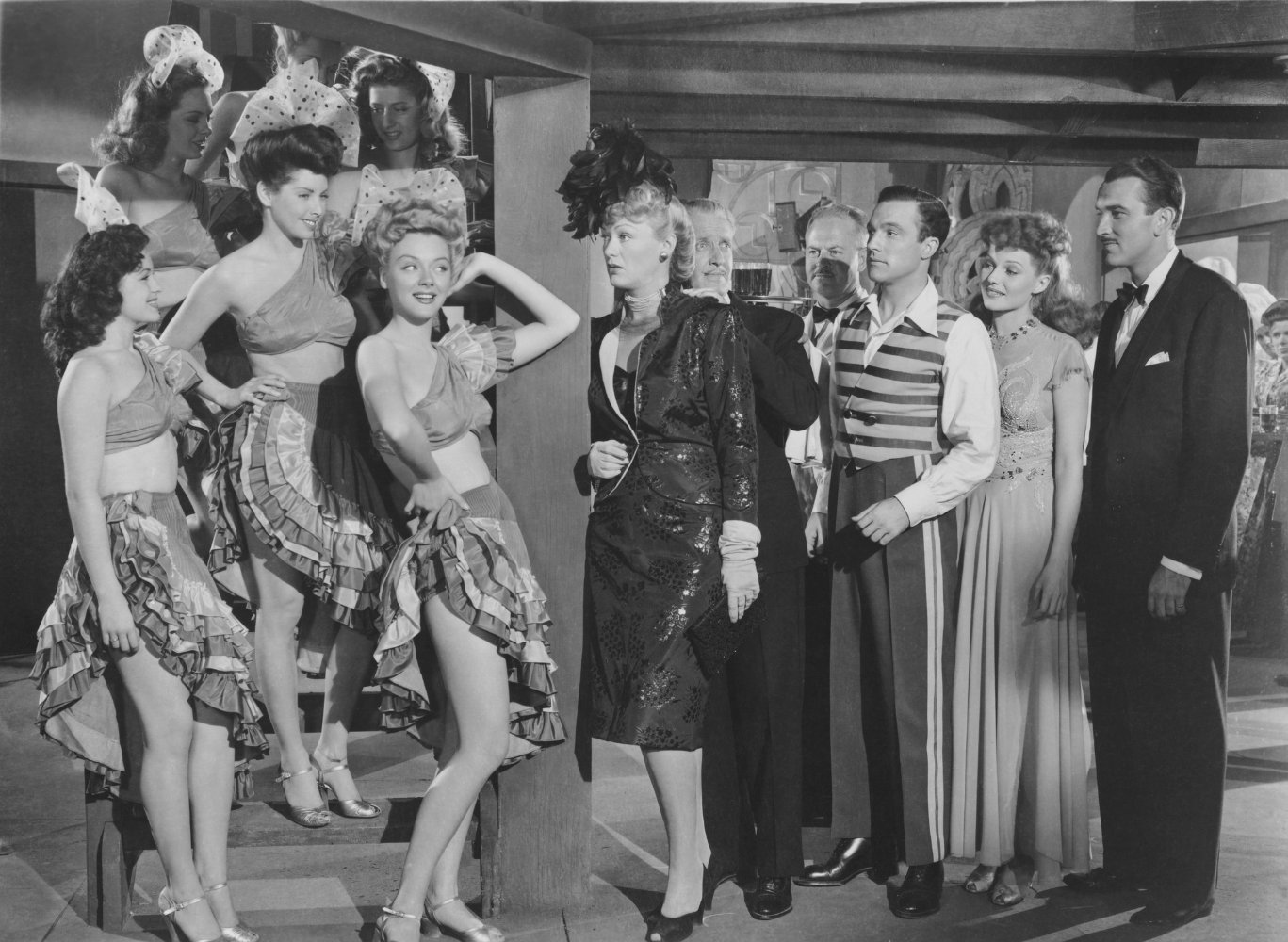Lee Bowman made his reputation as a suave, polished leading man opposite glamorous stars like Rita Hayworth and Jean Arthur in the 1940s. The columnist Jack Sher, later a noted writer and director,,referred to him in 1944 as 'a very hot commodity' in Hollywood. A graduate from the University of Cincinnati, Bowman had studied acting at the...
Show more »
Lee Bowman made his reputation as a suave, polished leading man opposite glamorous stars like Rita Hayworth and Jean Arthur in the 1940s. The columnist Jack Sher, later a noted writer and director,,referred to him in 1944 as 'a very hot commodity' in Hollywood. A graduate from the University of Cincinnati, Bowman had studied acting at the New York Academy of Dramatic Arts, and, with the determination to succeed as a screen actor, went to tinsel town in 1934. After several bit parts, he landed his first credited screen role and made a quick impact in the screwball comedy I Met Him in Paris (1937). Sporting a thin mustache and invariably elegantly attired, Bowman quickly established an image as a smooth, wise-cracking bon vivant, most frequently in films for MGM or Columbia. He rarely enjoyed top billing - a rare exception being his co-starring role opposite Jean Arthur in the ponderous drama The Impatient Years (1944) - and was often third or fourth on the list of credits as the man-about-town friend of the hero, who doesn't get the girl in the end.Bowman gave possibly his best, and most typical screen performances in the gangster drama Kid Glove Killer (1942) and two breezy Rita Hayworth musicals, Cover Girl (1944) and, in the role of a dashing RAF pilot Tonight and Every Night (1945). He took on a more heavyweight role, less convincingly, as husband of alcoholic Susan Hayward in Smash-Up: The Story of a Woman (1947). His last film role of note was as the crippled brother of murderer Louis Hayward in Republic's gas-lit melodrama, House by the River (1950), directed by Fritz Lang. In January 1951, Bowman took over as the star of the ABC television series The Adventures of Ellery Queen (1950), replacing Richard Hart who had died suddenly. The show lasted until 1952.With movie roles drying up, Bowman began to concentrate on working in radio and guest-starring on television, with occasional forays to the stage. On radio, his voice was heard, among others, in episodes of 'Inner Sanctum' (1945) and 'Cavalcade of America' (1946-53). He also starred in a second short-lived series (38 half-hour episodes) as private eye Jeff Thompson in Miami Undercover (1961), with former heavyweight boxer Rocky Graziano cast as his sidekick.After retiring from the screen in 1968, Lee Bowman set about utilizing his talents as a corporate communications consultant (chairman from 1974 of the London-based Kingstree Group), media-training businessmen and politicians in public address and conversational interviewing techniques. He was also called upon to act as master of ceremonies for Republican Party conventions. Bowman died on Christmas Day in Brentwood, California, in 1979 at the age of 64.
Show less «

